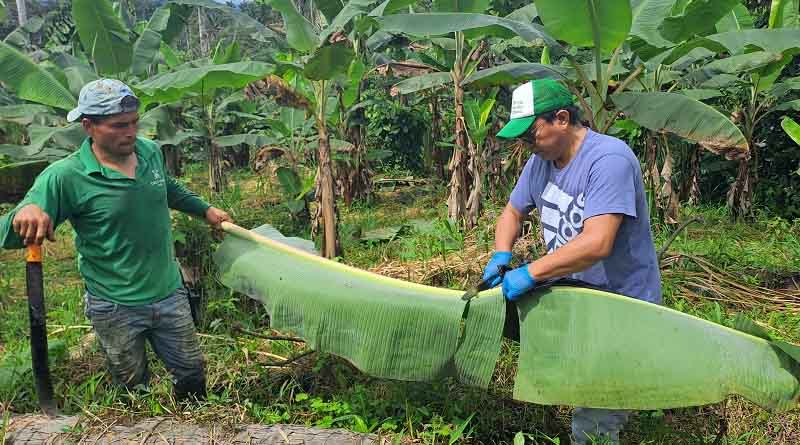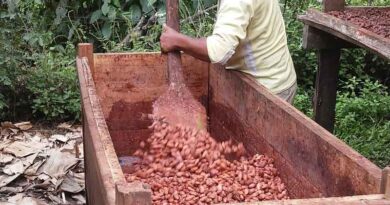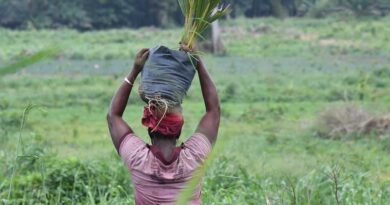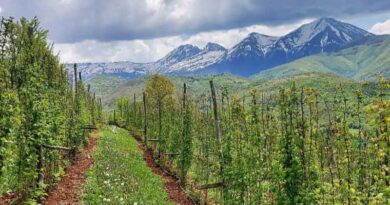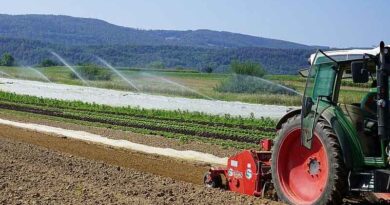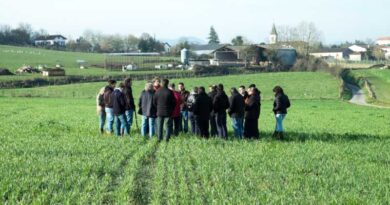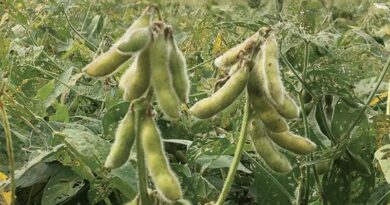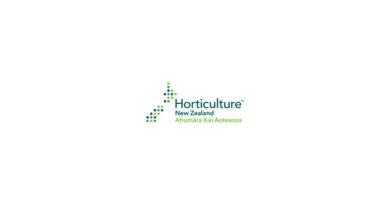Impact of the new EU organic regulation on the organic sector in Ecuador – Results of a recent FiBL study
25 April 2024, EU: In close collaboration with Agrocalidad, Ecuador’s organic competent authority, FiBL Switzerland carried out a consultancy to provide training and technical support on the new EU organic regulation and to study its main implications for the organic sector in Ecuador. The final results have now been published in a detailed report in Spanish.
The report focuses on the new requirements of the EU organic regulation and their impact on organic production in Ecuador, with a particular focus on smallholder producer groups.
From 1 January 2025, organic operators in most countries worldwide will have to fully comply with all provisions and rules of the EU Regulation 2018/848 in order to continue supplying the EU and Swiss organic markets. Controls of the new regulation in third countries will start in mid-2024, and many operators are still unaware of the required changes.
Ecuador is the EU’s number 1 supplier of organic products and has had a well-established national organic regulation and control system since 2003. Its national organic control system is not yet recognised by the EU. The country’s well-established organic supply chains of organic products to the EU will have to change significantly to meet the new EU requirements. Some changes will affect all actors in the export supply chains, but the most negative impacts are expected for the more than 8800 small and medium-sized farms organised in producer groups.
Around 75 % of groups plan to adapt
More than half of all organic farmers’ associations, unions and companies with associated smallholders in Ecuador will have to change their legal and operational structure to comply with the new EU definition of a “group of operators”. In some commodities, many “small farms” under the national definition do not meet the EU member requirements for group certification and would need to be certified as individual farms for organic exports to the EU. It was found that about a quarter of the groups interviewed or surveyed during the project are considering dropping or reducing EU organic certification. Three-quarters plan to adapt, half of them with major challenges, the other half foresees only minor difficulties or sees the changes as an opportunity.
It is feared that the new EU rules will act as a disincentive to organic production and lead to increased production and certification costs in Ecuador. Many small organic producers are at risk of abandoning or losing organic certification in 2024–2025 unless significant additional support is provided to help them adapt, potentially leading to the exclusion of small farmers from the European organic market. For the EU organic sector, the new import regime could lead to reduced availability of organic products, trade disruptions and higher prices.
The explanation and analysis implications of the new EU requirements for organic production in Ecuador hold important lessons for adaption efforts in other countries in the region. The global implications of the new regulation on smallholder supply chains and its impacts of the European organic sector are currently being analysed in a study done by FiBL.
The consultancy was implemented by FiBL together with Agrocalidad (Agencia de Regulación y Control Fito y Zoosanitario) and supported and financed by Rikolto/CREA, ITC/Next and FAO/Paisajes Andinos, all cofinanced by the EU.
(For Latest Agriculture News & Updates, follow Krishak Jagat on Google News)

